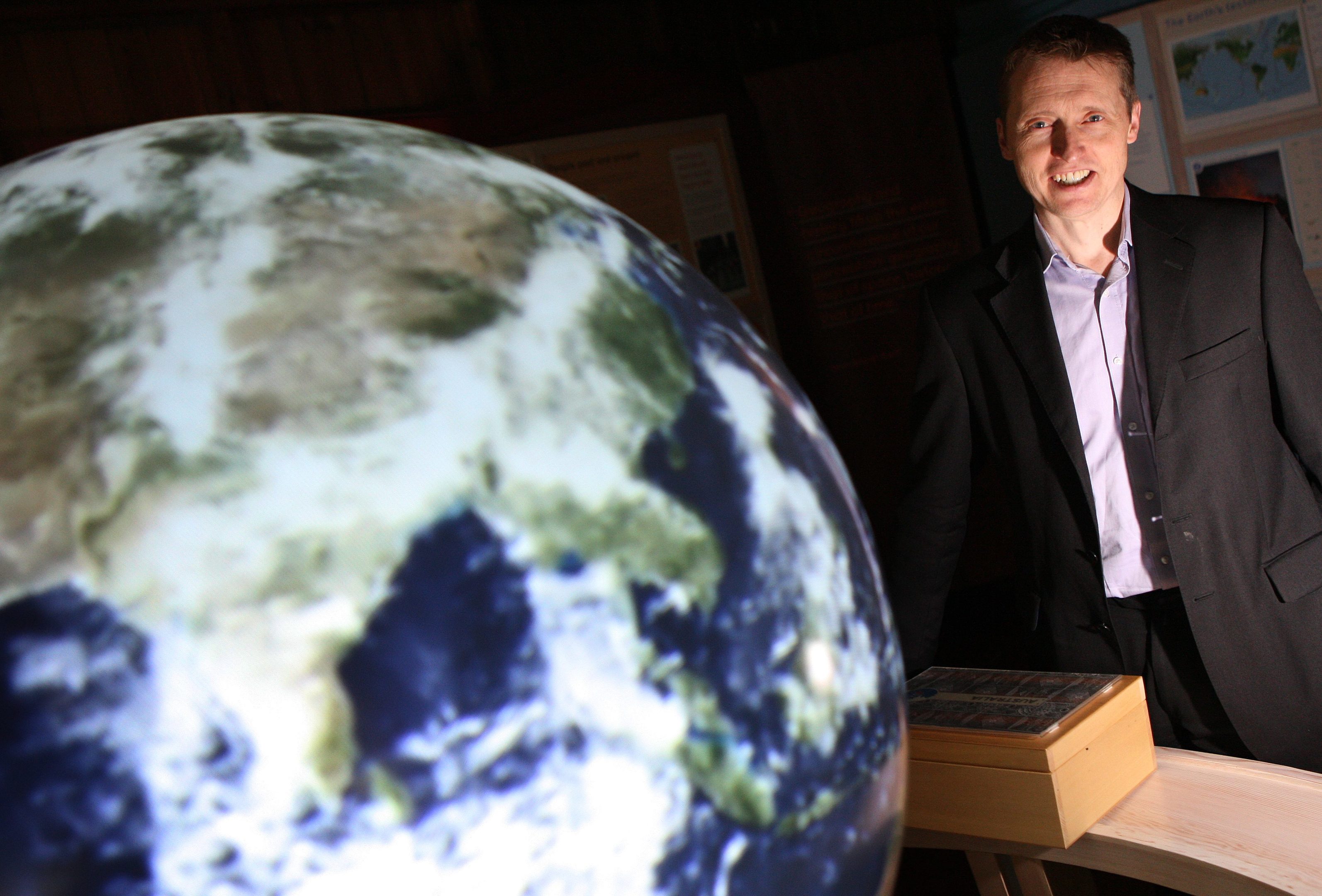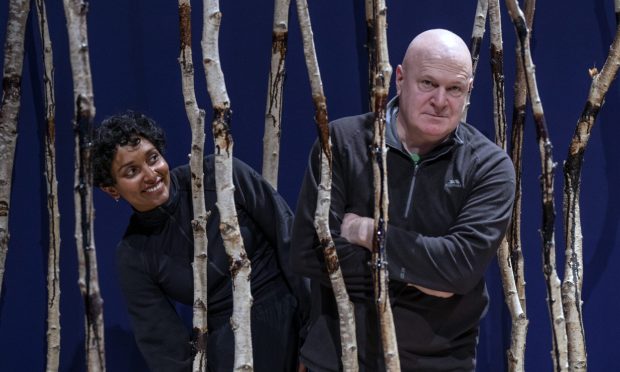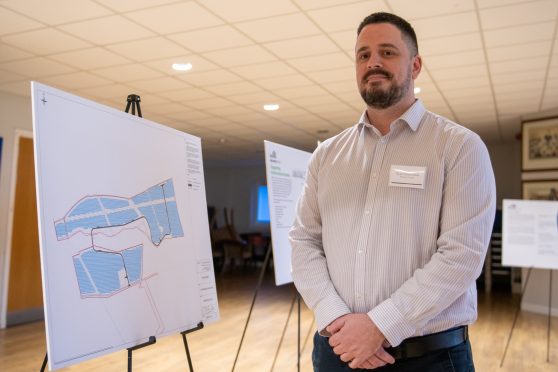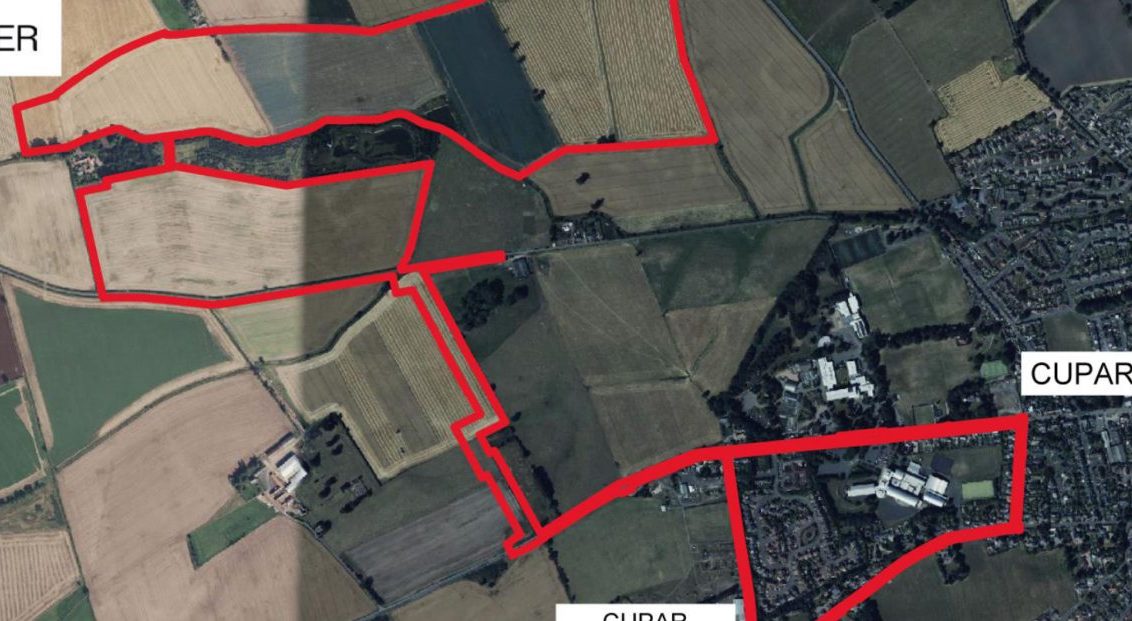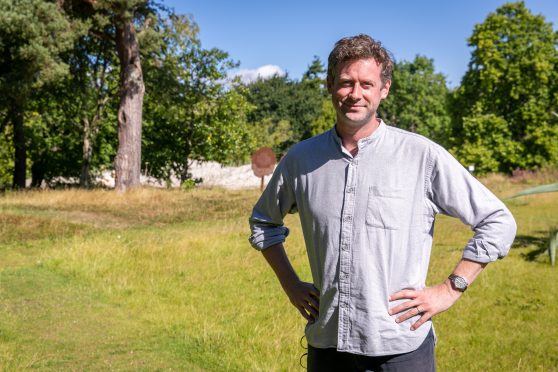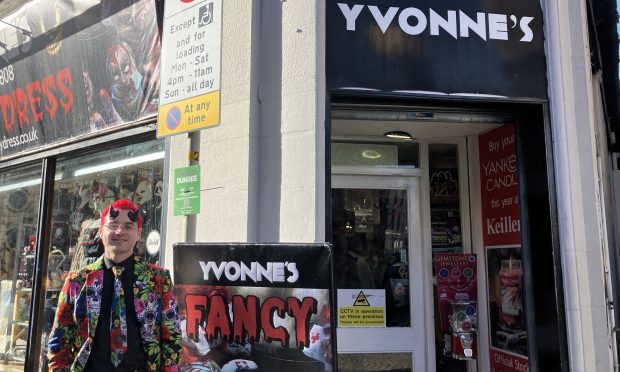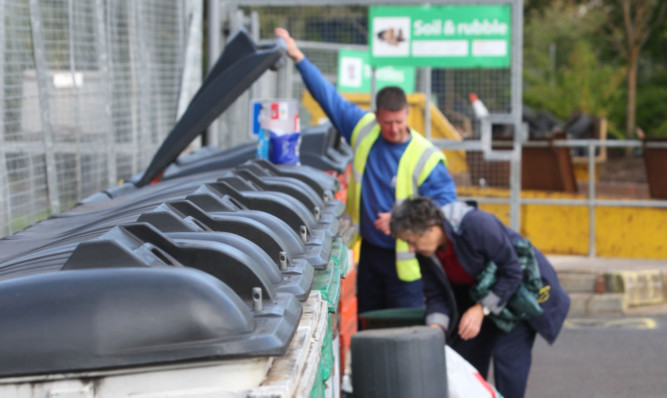The Covid-19 pandemic has reinforced the importance of societies “being prepared” for future shocks.
However, if societies want to avoid a more profound and predictable climate crisis then the time for talking is over and a more sustainable path must be taken.
That is the view of experts in business, sustainability and green investment who met at a virtual Climate Emergency Summit organised by the Perth-based Royal Scottish Geographical Society.
The ‘Coronavirus & A Green Recovery’ event aimed to generate ideas and solutions to feed into the Scottish Government Advisory Group on Economic Recovery which will provide advice on rebuilding society once the pandemic has subsided.
The event was imbued with optimism as it focused on what can be done, and offered strong support for the principle that all efforts at rebuilding our economies must also help prepare for – and minimise the impact of – any future climate crisis.
There was a clear call for urgent action, for longer term thinking and for the strategic application of funding – ensuring that the money being spent now to solve coronavirus does not exacerbate the climate crisis, and helps make businesses, society and the environment more robust.
In bringing about these necessary changes, a universal understanding of climate solutions was seen to be of paramount importance, as was the need to require future spending proposals to pass a sustainability test.
The experts agreed that to achieve the most, action must also be consistent by pursuing complementary solutions across all sectors, helping instil investor confidence over the coming transition.
Mike Robinson, chief executive of RSGS said:“The world’s governments have borrowed vast amounts of money to solve the current pandemic, which it will take decades to pay back. And yet this is the decade in which we have to act on climate as it is our only real chance to limit atmospheric warming to below 2°C.
“It is therefore vital that we ensure, steer and shape the money needed to solve the coronavirus crisis to those projects that also tackle other existential crises. This is just as true for government and public spending as it is necessary to build the confidence to support and direct private investment too.”
In attendance were over a dozen chief executives, and representatives from the likes of Scottish Government, the Scottish Council for Development and Industry, the Institute of Directors and Scottish Enterprise, plus a range of other public bodies, energy companies, universities, charities and civic society groups.
Some of the key voices that presented provocations during the meeting were Andy Cave, Head of Governance and Sustainability at Baillie Gifford; Barbara Morton, the director of Sustainable Procurement Limited; and Keith Anderson, the chief executive of Scottish Power.
